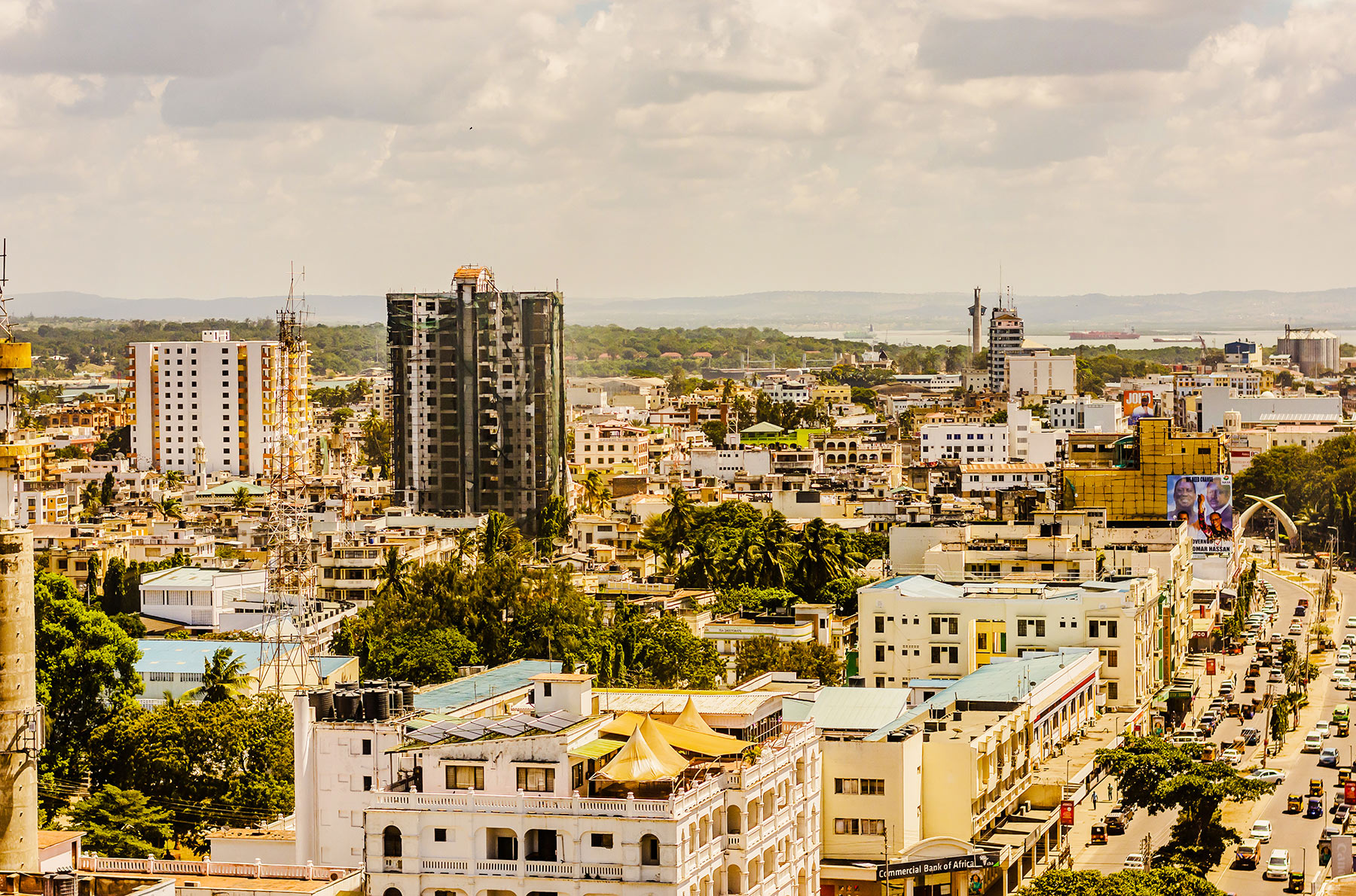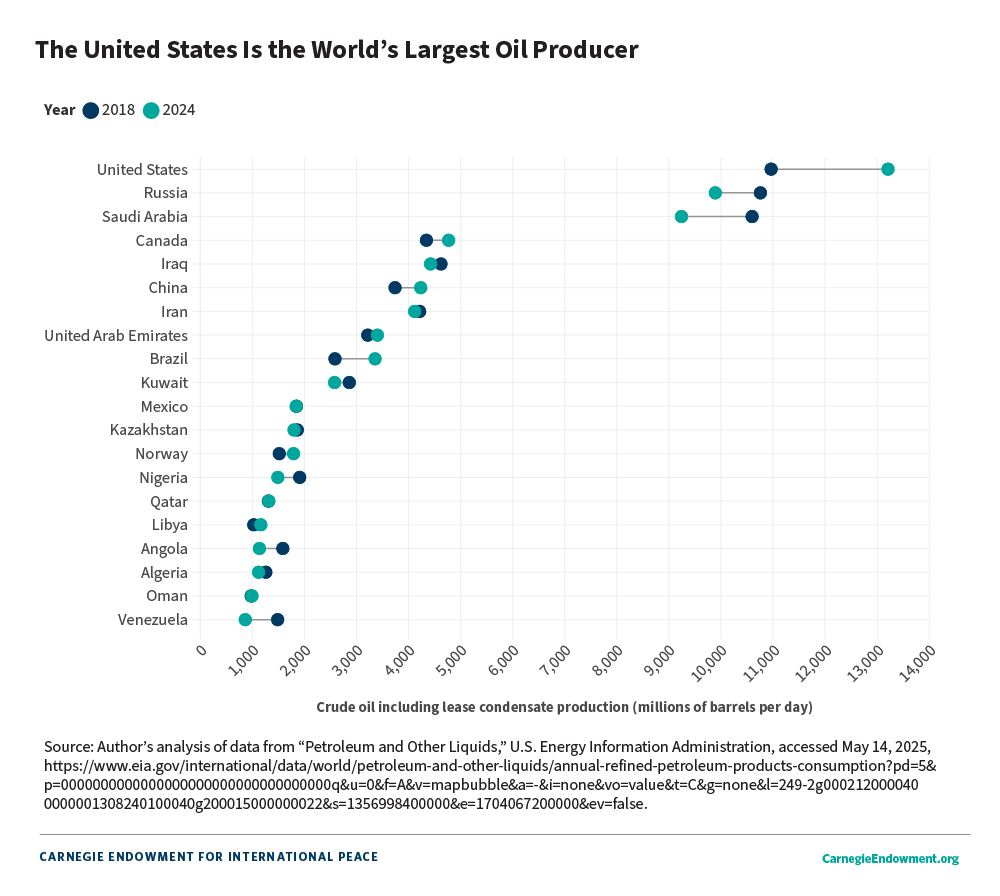
Is Africa Prepared for a New Era of U.S. Engagement?
In this edition, we reflect on how these shifts are redefining opportunities and challenges for African countries.
June 2025
Dear friends,
The past month has seen pivotal developments shaping Africa’s international economic relations —from the World Bank’s evolving energy strategy to high-stakes U.S.-Africa diplomacy. In this edition, we reflect on how these shifts are redefining opportunities and challenges for African countries.
All eyes are on the World Bank’s June board meeting, where decisions could reshape the institution’s energy lending strategy in low- and middle-income countries. Under President Ajay Banga’s leadership and nudged by the Trump administration’s push for “tech-neutral” solutions that prioritize “affordability and energy investment”, the Bank is considering expanding its energy lending portfolio to include natural gas and nuclear power. This rethink signals a broader recognition: addressing energy poverty in Africa requires pragmatism, not dogma.
These shifts echo a wider global trend. President Trump’s FY2026 budget eliminates $275 million in U.S. contributions to the Global Environment Facility and Climate Investment Funds. A wave of executive orders now prioritizes domestic energy production and national resilience over decarbonization timelines. As I explore in a recent article, "How African Countries Can Harness the Global Policy Reframe from Energy Transition to Energy Security", this moment presents African countries with an opening to reposition their energy priorities. The path forward will require balancing ambition with realism grounded in, what I outline, as five pillars for an African energy security agenda.
On the diplomatic front, the U.S. State Department has launched a new Commercial Diplomacy Strategy in Africa. This initiative reinforces the Trump administration’s pivot away from traditional aid toward trade and investment. We recently hosted Ambassador Troy Fitrell, senior bureau official at the State Department’s Bureau of African Affairs, who revealed that a new U.S.-Africa Leaders’ Summit is tentatively planned for September, during the UN General Assembly. With representatives from over 15 embassies and about 150 people in Washington D.C. in attendance, the event underscored growing interest in the future of U.S.-Africa relations. As I argue in my recent Foreign Affairs article, “The End of the Global Aid Industry”, these developments reflect a broader reckoning with the limitations of the aid-driven global development model. Watch the event replay here.
Tensions between South Africa and the U.S. reached a delicate moment during President Cyril Ramaphosa’s visit to Washington. Contrary to fears of a public confrontation akin to the “Zelensky treatment,” Ramaphosa struck a measured tone in a tense White House press briefing. However, fundamental issues remain around trade policy, the upcoming G20 summit etc. As Tony Carroll and I discuss in our article, “U.S.–South Africa Relations Are on the Brink of Collapse”, relations have been strained to the breaking point. The recent arrival of Afrikaner refugees in the U.S., following a Trump executive order condemning “race-based discrimination” in South Africa, has added another layer of controversy.
Amid this uncertainty, Africa’s multilateral institutions are stepping into the spotlight. The African Development Bank elected a new president, Sidi Ould Tah, at its May annual meetings following a competitive race. With $400 billion in annual financing needs for Africa through 2030 to meet the SDGs, the new leader inherits a daunting agenda. Meanwhile, Afreximbank faces headwinds after Fitch downgraded its credit rating to BBB-, citing loan exposures in Ghana, South Sudan, and Zambia. This move has reignited debate over whether credit rating agencies apply unfair standards to African entities, increasing borrowing costs across the continent.
The African Union is also facing renewed scrutiny. At the Ibrahim Governance Weekend in Marrakesh, billionaire Mo Ibrahim and former AU Commission Chair Moussa Faki Mahamat held a candid exchange. Faki acknowledged that 60–70% of the AU’s $650 million budget comes from foreign donors, raising difficult questions about the organization's independence and effectiveness. This reliance not only weakens the AU’s ability to act decisively on continental challenges but also leaves it unprepared to navigate the current era of geopolitical turbulence—including renewed great-power competition and an unpredictable U.S. foreign policy. As the AU prepares to formalize its role in the G20, this lack of financial autonomy poses a serious challenge to its effective participation in the forum. Watch the video replay here.
Our team has been active across several key platforms. I delivered the keynote at Rand Merchant Bank’s 2025 Think Summit in Cape Town, highlighting how African countries can drive structural economic transformation in a turbulent geopolitical landscape. Fellow Jane Munga participated in major conferences on digital innovation and cyber policy, including the African Youth and the Tech Revolution Conference, Georgetown University’s Africa-China Initiative Spring Symposium, and Brandeis University’s Global Cybersecurity Conference. Nonresident scholar Anthony Carroll will speak on U.S. critical minerals international partnerships at the Silicon Valley Minerals Forum at Stanford, June 17–18.
Looking ahead, the 90-day pause on U.S. reciprocal tariffs will expire next month. Tariffs could jump to 50% for Lesotho, 47% for Madagascar and 40% for Mauritius—threatening apparel exports and thousands of jobs. Nonresident scholar Kholofelo Kugler and junior fellow Tani Washington analyze Africa’s varied responses to these tariffs in a timely new article. Read it here.
Stay tuned for upcoming Africa Program events, including discussions on the “end of global development” and U.S.-Africa cooperation in artificial intelligence. To stay connected, subscribe to our newsletter, follow us on LinkedIn, and find us on X (formerly Twitter) at @AfricaCarnegie.
Warm regards,
Zainab Usman
Director, Carnegie Africa Program

Features
How African Countries Are Responding to the New U.S. Reciprocal Tariffs
As African countries face different impacts from the tariffs and offer different responses, a cohesive trade strategy will be necessary to support individual economies and expand the continent-wide integration project.
By Kholofelo Kugler and Tani Washington
The End of the Global Aid Industry
USAID’s Demise Is an Opportunity to Prioritize Industrialization Over Charity
By Zainab Usman
How African Countries Can Harness the Global Policy Reframe from Energy Transition to Energy Security
This shift opens space for African countries to develop their energy systems by engaging with international partners in pragmatic ways that were not possible under the previous paradigm.
By Zainab Usman
Beneath the Waves: Addressing Vulnerabilities in Africa’s Undersea Digital Infrastructure
Recent incidents demonstrated the vulnerability and fragility of Africa’s internet infrastructure and underscored the need for a robust and resilient agenda for this foundational digital infrastructure.
By Jane Munga
How to Advance U.S.-Africa Critical Minerals Partnerships in Mining and Geological Sciences
Various U.S. national security objectives could be advanced by developing collaborations with African countries premised on scientific and technical exchanges in the mining sector.
By Zainab Usman and Alexander Csanadi
Developments on Our Radar
Saudi Push into South Africa Yields Billions of Dollars in Deals [Bloomberg]
Namibia holds key lending rate on global policy uncertainty [CNBC Africa]
Côte d’Ivoire judge rules main opponent out of presidential election [RFI]
Tinubu wants to borrow $24 billion ahead of 2027 elections [Africa Confidential]
Bill Gates to Direct Majority of $200 Billion Pledge Toward Africa’s Future [Gates Foundation]
Professional Development Opportunities
Congressional Black Caucus Foundation Fall 2025 Internship [application]
The ReNew Democracy Fellowship [application]
The Geneva Challenge 2025 [application]
The Atlantic Dialogues Emerging Leaders Program 2025 [application]
Union for the Mediterranean Energy & Climate Action Youth Delegate Program [application]
Carnegie does not take institutional positions on public policy issues; the views represented herein are those of the author(s) and do not necessarily reflect the views of Carnegie, its staff, or its trustees.